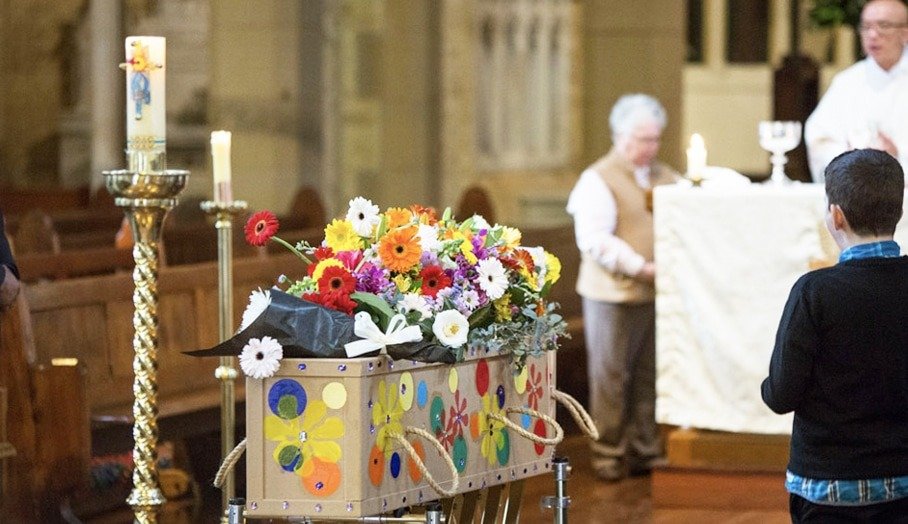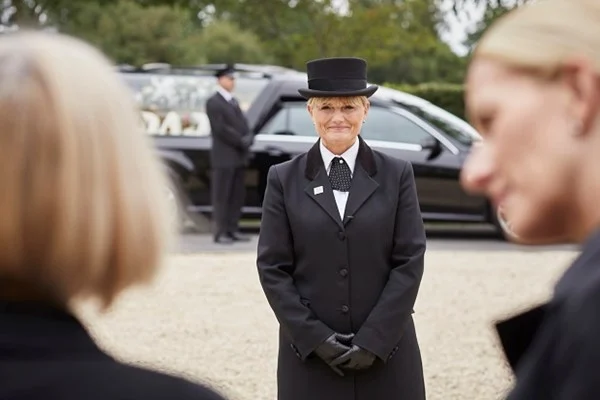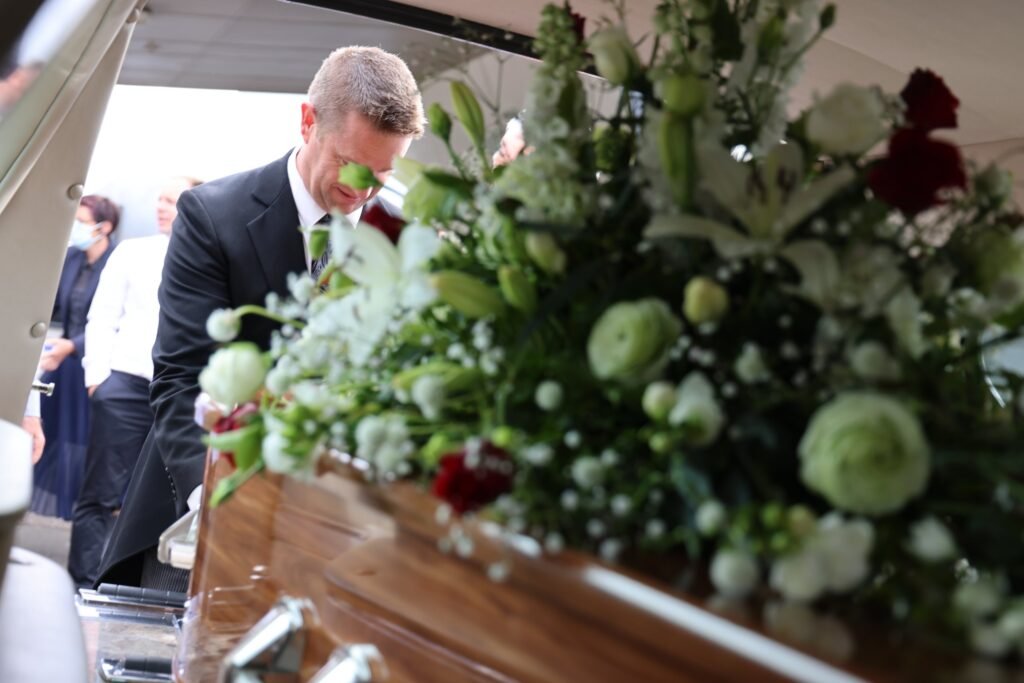The role of a funeral director is vital in guiding families through the challenging process of planning a funeral. At Best Funeral Homes Houston, our dedicated funeral directors are committed to providing compassionate support and professional services. From planning and coordinating funeral services to managing logistical and administrative duties, funeral directors ensure that every aspect of the funeral process is handled with care and respect.
Understanding the Role of a Funeral Director
A funeral director plays a crucial role in helping grieving families navigate the funeral planning process. They are responsible for planning funeral services, providing emotional support, and ensuring that all arrangements are carried out smoothly.

Key Responsibilities of a Funeral Director
Key responsibilities include coordinating memorial services, offering guidance on funeral practices, and managing the logistics of transporting the deceased. Funeral directors also assist families in choosing caskets or urns and help them handle necessary legal paperwork, such as death certificates and permits.
Funeral directors have many responsibilities that encompass both planning and coordination. They work closely with families to organize funeral services that honor the wishes and preferences of the deceased. This includes arranging transportation for the deceased, coordinating with cemetery or crematory personnel, and managing all legal paperwork required for the funeral.
Additionally, funeral directors handle the logistical aspects of the service, such as scheduling, overseeing the preparation of the body, and ensuring that all elements of the funeral proceed seamlessly. Their administrative duties also involve obtaining necessary permits and death notices, making the process as stress-free as possible for grieving families.
Funeral Planning and Coordination
Funeral directors play a vital role in helping families with funeral planning and coordination. They assist families in choosing caskets, urns, and other funeral-related items, ensuring that these choices align with the family’s preferences and budget. Personalized funeral services are tailored to honor the cultural and religious traditions of the deceased, providing a meaningful and respectful farewell.
Funeral directors offer guidance on funeral arrangements, from selecting floral arrangements to arranging visitations and memorial services. By understanding the unique needs and wishes of each family, they ensure that every aspect of the funeral service reflects the life and values of the loved one.

Managing the Funeral Service
To ensure the smooth operation of funeral services, funeral directors take several key steps. They coordinate with staff and vendors, managing all logistical aspects to guarantee that the service proceeds without any issues. Supervising the funeral service, they ensure that everything adheres to the family’s wishes and is conducted respectfully.
During the service, funeral directors provide support to family members and friends, offering compassionate guidance and assistance. Their presence ensures that all elements of the service, from the arrival of the guests to the final farewell, are handled with professionalism and care.
Business Operations of a Funeral Home
Funeral home managers oversee the business operations of a funeral home, ensuring that it runs efficiently and effectively. Their responsibilities include managing staff, overseeing financial aspects, and marketing the funeral home to attract new clients. They ensure that the funeral home provides high-quality services and meets the needs of grieving families.
Funeral home managers also handle administrative duties, such as maintaining records, obtaining permits, and ensuring compliance with legal requirements. By efficiently managing the business operations, they help create a supportive and professional environment for both staff and clients.

Education and Training for Funeral Directors
Becoming a funeral director requires specific education and training. Typically, an associate’s degree in funeral service or mortuary science is necessary, along with supervised training and passing a state licensing exam. Most employers require candidates to be at least 21 years old and have at least two years of formal postsecondary education.
Continuing education is crucial for funeral directors to stay updated on the latest funeral practices, laws, and technologies. This ongoing training ensures that they can provide the highest level of service and support to grieving families, keeping abreast of changes in the industry and evolving family needs.
The Role of Funeral Directors in Grief Support
Funeral directors play a vital role in providing emotional support to grieving families during a difficult time. They offer compassionate guidance and a listening ear, helping families navigate their emotions and the complexities of funeral planning. Funeral directors also provide resources for grief counseling and support groups, ensuring that families have access to the help they need.
By connecting families with professional grief counselors and local support groups, funeral directors help them find the strength to cope with their loss and begin the healing process.
Funeral Director’s Expertise and Specializations
Funeral directors often specialize in specific areas, allowing them to offer tailored services to meet diverse needs. Some specialize in cremation services, while others focus on green funerals that prioritize environmental sustainability. They are also knowledgeable about various cultural and religious funeral practices, ensuring that services honor the traditions and beliefs of the deceased.
Many funeral directors hold certifications in funeral service or mortuary science and are members of professional organizations such as theNational Funeral Directors Association. These credentials reflect their commitment to maintaining high standards and staying informed about industry advancements.

Career Path and Opportunities for Funeral Directors
The career path for funeral directors often begins with roles as funeral service workers. Through experience and additional training, they can advance to the position of funeral director. Opportunities for career growth include specializing in funeral home management, where they oversee business operations and staff, or becoming independent contractors who offer specialized services.
Some funeral directors also choose to share their expertise by teaching in mortuary science programs, contributing to the education of future professionals in the field. These diverse career paths offer many opportunities for growth and specialization within the funeral industry.
FAQ’s
What a Funeral Director Does?
A funeral director is responsible for managing and overseeing all aspects of a funeral. This includes coordinating funeral arrangements, handling legal paperwork, preparing the body, organizing transportation, and helping the family with decisions regarding services and ceremonies. They ensure that the funeral process runs smoothly and respectfully, while providing emotional support and guidance to grieving families.

